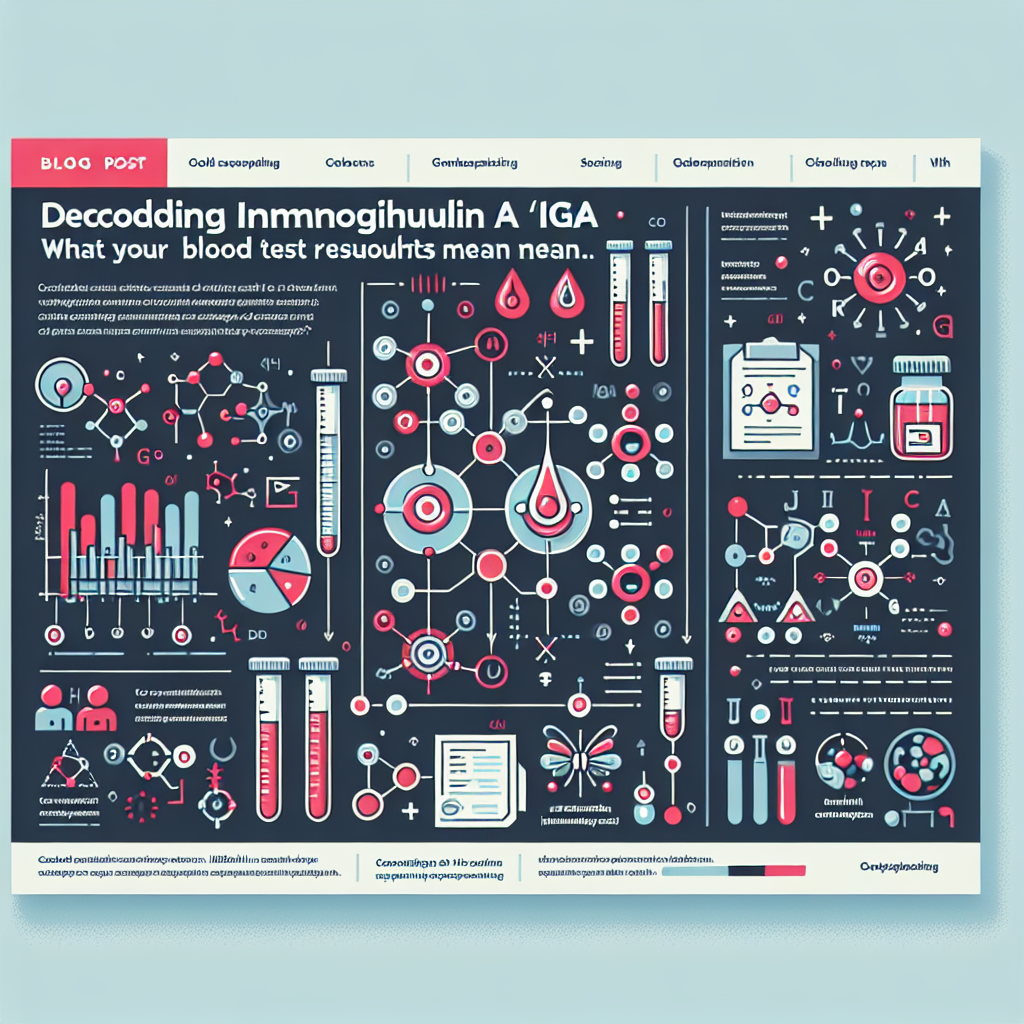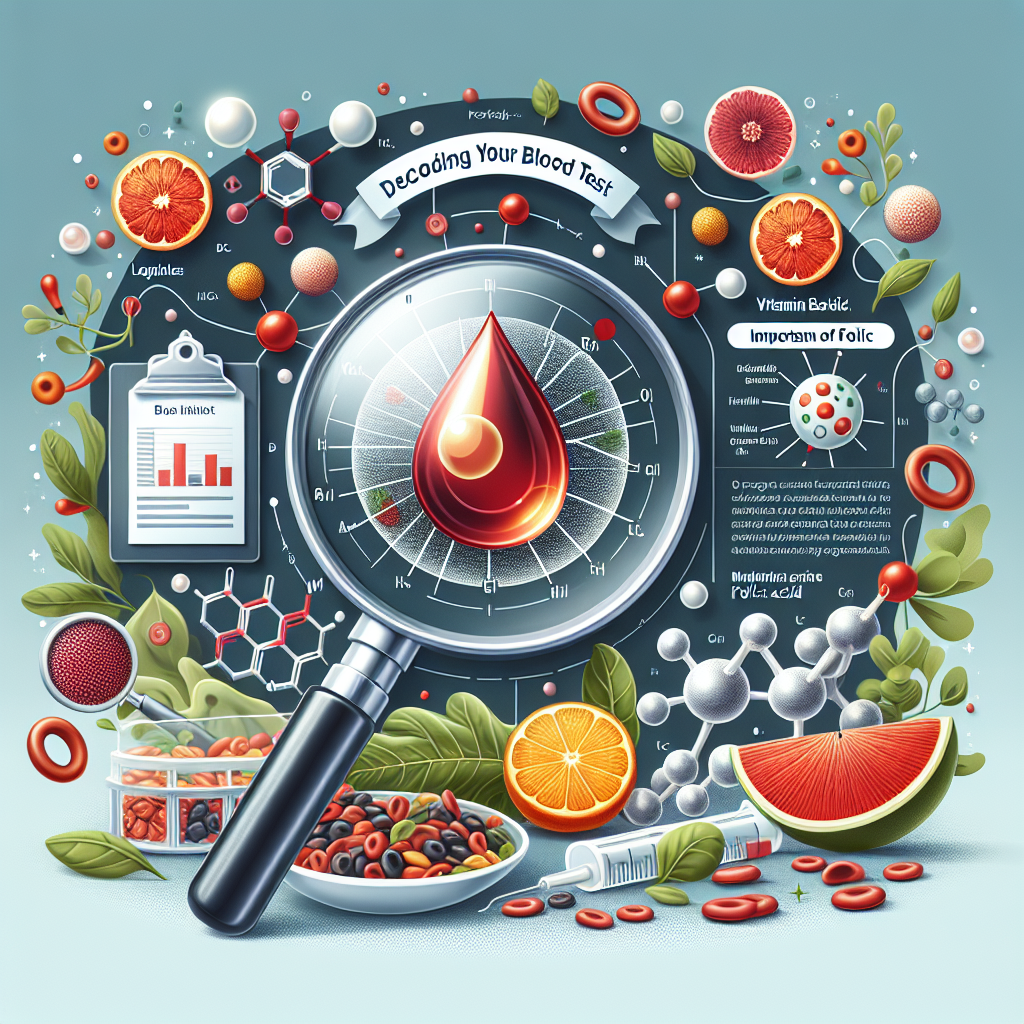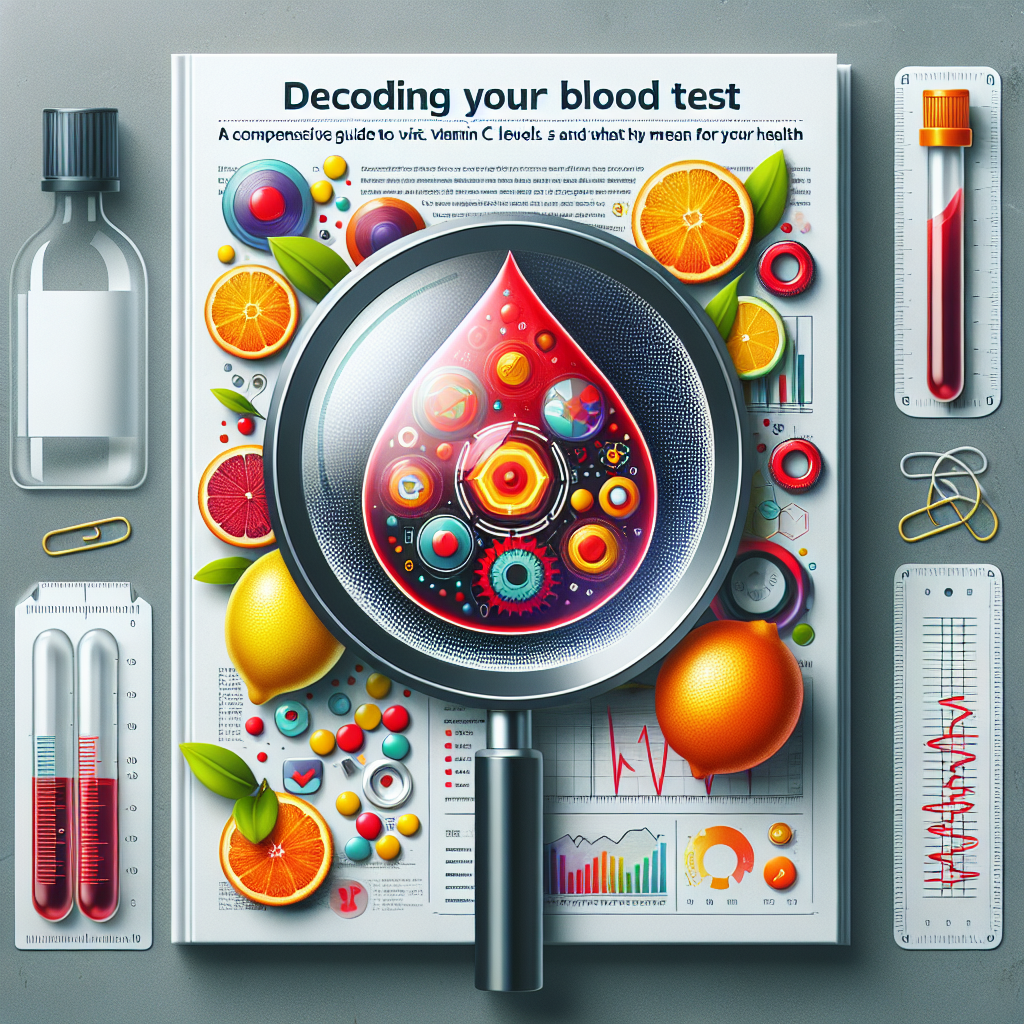When it comes to blood tests, certain terms can be quite intricate, particularly Immunoglobulin A (IgA). Gaining a solid understanding of this marker is crucial for assessing your health, especially with respect to your immune system. This guide is designed to demystify IgA, including its significance, the reasons for measuring it, and how to discuss the results effectively with your doctor.
The intention is to arm you with trustworthy and comprehensible information, enabling you to take an active role in your medical care.
What is Immunoglobulin A (IgA)?
Immunoglobulin A (IgA) is a specific type of antibody. Antibodies are proteins manufactured by our immune system to identify and eliminate invaders like viruses and bacteria. IgA is a vital component of our first line of defense.
This antibody predominantly resides in mucous membranes, the linings of organs that interface with the outside world. Consequently, IgA is present in:
- The digestive system (including the intestines and stomach).
- The respiratory tract (comprising the nose, bronchi, and lungs).
- Secretions such as saliva, tears, and breast milk.
Due to its strategic placement, IgA serves as a barrier, preventing harmful microbes from penetrating our bodies. A small fraction of IgA circulates in the bloodstream (known as serum IgA), which is the portion measured in blood tests.
Why Measure Immunoglobulin A (IgA) Levels?
Your doctor might request an IgA test for various reasons, as this assessment can provide insights into different health scenarios.
Common reasons for testing include:
- Investigating recurrent infections: Frequent infections of the sinuses, lungs, or digestive tract may signal an underlying immune deficiency.
- Assessing potential autoimmune conditions: Abnormal IgA levels may indicate issues such as celiac disease or lupus.
- Diagnosing or monitoring specific diseases: Conditions like IgA nephropathy or monoclonal gammopathy may require IgA level assessments.
IgA levels are typically measured alongside other immunoglobulins (IgG and IgM) to provide a comprehensive view of your immune response.
Interpreting IgA Test Results
Reference ranges for IgA can vary significantly with age. Infants have very low IgA levels that gradually rise during childhood until reaching adult levels. Thus, it’s crucial to compare your test result against the laboratory’s norms according to your age group. An isolated result holds little significance without the broader clinical context.
Elevated Immunoglobulin A (IgA) Levels: What are the Causes?
An increase in IgA is referred to as IgA hypergammaglobulinemia. The physician will first assess whether this rise is polyclonal or monoclonal.
Polyclonal Increase
This situation arises when various immune cell clones produce excessive IgA, often as a response to external stimuli, and is the more common scenario.
- Potential causes include: chronic mucosal infections, autoimmune diseases (such as rheumatoid arthritis or lupus), and liver conditions like cirrhosis.
Monoclonal Increase
In this case, a single cell clone produces a significant amount of a specific type of IgA, necessitating further investigation.
- Main cause: IgA multiple myeloma, a form of bone marrow cancer that requires additional tests for confirmation.
Low Immunoglobulin A (IgA) Levels: What Does This Mean?
Low IgA levels can signify an IgA deficiency, commonly seen as selective IgA deficiency. It is the most frequently occurring primary immunodeficiency in the populace.
While many individuals with selective IgA deficiency may be asymptomatic and in good health, others might experience symptoms such as:
- Frequent ENT and respiratory infections.
- Gastrointestinal infections.
- Increased susceptibility to allergies and autoimmune diseases, including celiac disease.
Pathologies Specifically Linked to IgA
Certain health conditions are directly related to dysfunctions of immunoglobulin A.
IgA Nephropathy (Berger’s Disease)
This is the most common glomerular disease (affecting kidney filters) worldwide, resulting from deposits of immunoglobulin A in the kidneys, leading to inflammation and long-term impairment of kidney function.
Celiac Disease
Gluten intolerance shows a strong correlation with IgA. Diagnosis often relies on identifying IgA autoantibodies targeting intestinal components, like anti-tissue transglutaminase IgA. In those with IgA deficiency, this test may yield false negatives, prompting the need for alternative markers.
Frequently Asked Questions About Immunoglobulin A (IgA)
Do I Need to Fast for an IgA Test?
No, fasting is not typically required for this blood test as food does not directly influence the results.
What is the Difference Between IgA, IgG, and IgM?
These are three distinct classes of antibodies that serve different purposes. IgM is the first to react during a new infection. IgG is the most prevalent in the bloodstream, providing long-lasting immunity. IgA specializes in safeguarding mucous membranes.
Does IgA Deficiency Pose a Risk for Transfusions?
Yes, it can. Individuals with selective IgA deficiency may develop antibodies against the IgA present in transfused blood products (like blood and plasma), which could lead to a severe transfusion reaction. Therefore, it is crucial for those with known deficiencies to notify their healthcare provider and carry an alert card.
Conclusion: IgA, A Guardian of Our Mucous Membranes
Immunoglobulin A (IgA) plays a vital role in our immune system. Evaluating this antibody provides critical insights necessary for diagnosing and managing various conditions, ranging from recurrent infections to autoimmune and renal diseases.
It’s important to recognize that interpreting IgA levels, whether elevated or diminished, always relies on the complete clinical picture. This result is merely one part of a larger puzzle, which your doctor is best equipped to interpret. By comprehending the significance of IgA, you can better engage in discussions with healthcare providers and take an active role in your health journey.
Additional Resources
For more information and to decode other markers, more articles are available here.
Confused by Your Blood Test Results?
Gain instant clarity with BloodSense. Our platform interprets your blood test results online in minutes, transforming complex medical information into an easy-to-understand report. Take charge of your health today by visiting bloodsense.ai to receive your personalized insights now.







